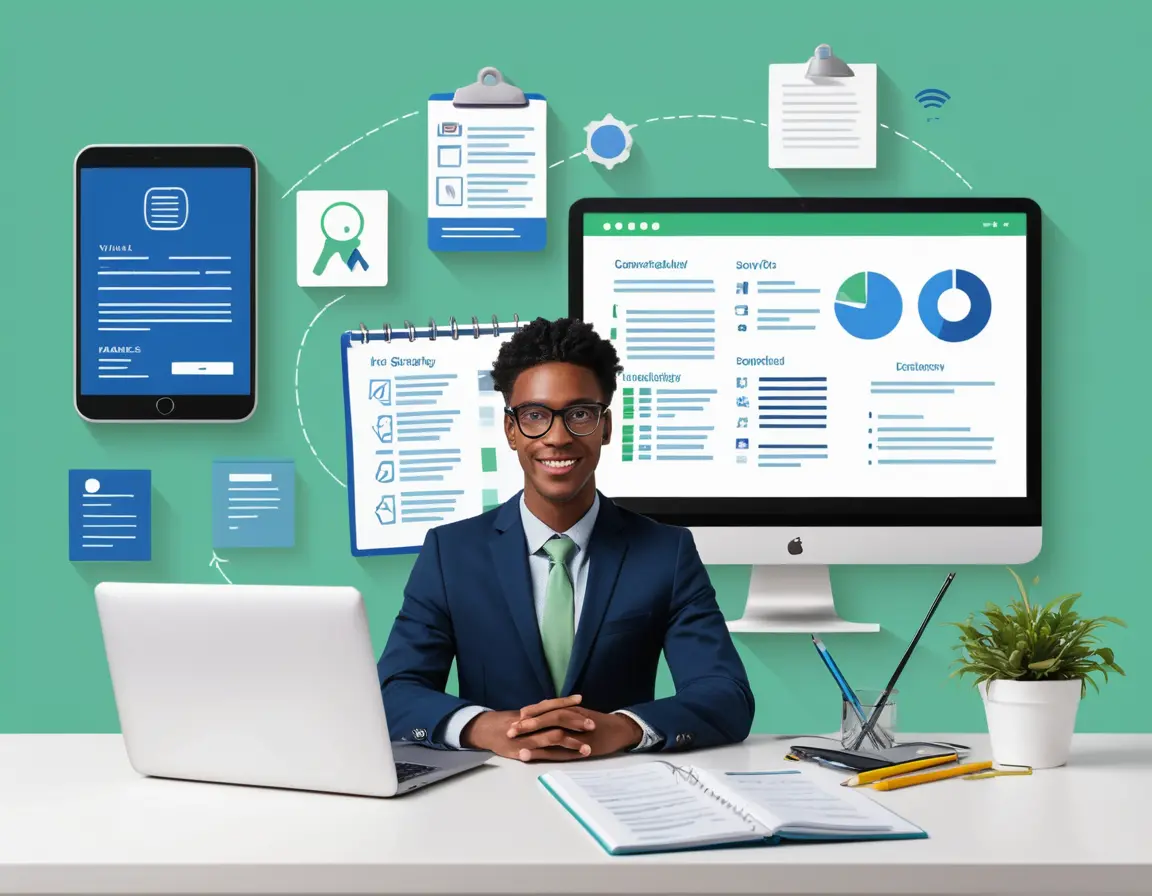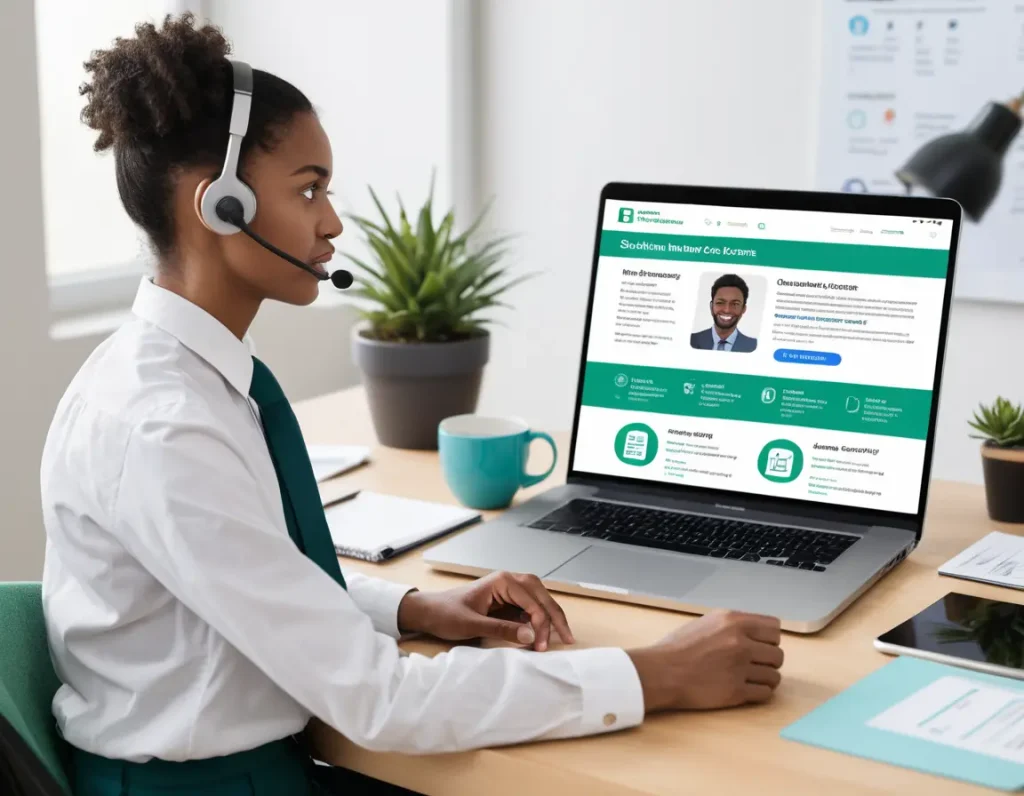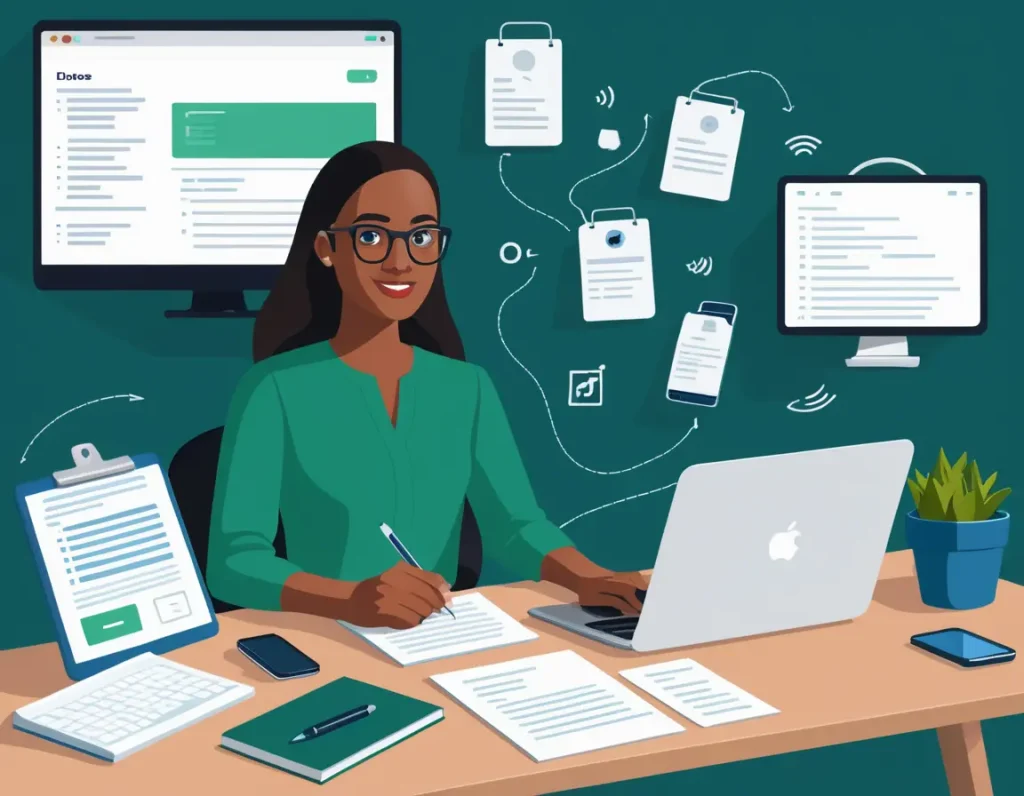Physical Address
304 North Cardinal St.
Dorchester Center, MA 02124
Physical Address
304 North Cardinal St.
Dorchester Center, MA 02124

In today’s fast-paced digital world, virtual scholarship interviews have become a focal point in the scholarship application process. For many students, this is the opportunity to showcase not only their academic achievements but also their personalities and aspirations in a manner that written applications simply cannot convey. Virtual interviews allow for flexibility, enabling candidates to connect with scholarship boards from anywhere in the world.

The scholarship interview process typically involves several key steps designed to evaluate candidates comprehensively:
Understanding this process can significantly enhance a candidate’s readiness, making the achievement of their academic goals more attainable.
Before stepping into your virtual scholarship interview, it’s crucial to do your homework on the scholarship provider. Understanding their mission, values, and recent initiatives can set you apart from other candidates. When Josephine, a past scholarship recipient, prepared for her interviews, she discovered that the funding organization prioritized community service. This knowledge allowed her to tailor her responses to highlight her own volunteer work over the years. Here are a few tips for effective research:
Once you know the scholarship provider, it’s time to anticipate the types of questions you might face. Questions like “Tell us about yourself” or “Why do you deserve this scholarship?” are common. To prepare, you might consider the experiences that have shaped your aspirations and ambitions.
Being well-prepared not only builds your confidence but also demonstrates to the interviewers that you respect the opportunity they’re offering.
One of the most effective ways to prepare for your scholarship interview is to conduct mock interviews. This technique allows candidates to get comfortable with the interview format and fine-tune their responses. For instance, a friend of mine, Mia, practiced with her family members, simulating real interview scenarios. As a result, she became more articulate and confident in her answers. Mock interviews can be incredibly beneficial, and here’s how to make the most of them:
Even though the interview is virtual, dressing professionally is essential. First impressions matter, and a polished appearance reflects your seriousness about the opportunity. Opt for smart casual attire that is comfortable yet professional. Think blazers over hoodies and sensible shoes, even if they’re out of sight! Moreover, testing your technology is a critical step. Conduct a comprehensive check on your internet connection, webcam, and microphone well in advance. Establishing a strong connection ensures that your interview is uninterrupted.
Being well-prepared in these areas not only boosts your confidence but also sets you up for success in your interview.

While confidence is an essential trait for interviews, overconfidence can lead to pitfalls that are often hard to recover from. For instance, during her scholarship interview, Rachel mistakenly assumed she didn’t need to prepare much because she had a high GPA. However, when faced with unexpected questions about her motivations, she struggled to articulate her thoughts. To avoid falling into this trap, consider these guidelines:
Procrastination is a common adversary for many students, but especially when it comes to scholarship interviews, waiting until the last minute can be detrimental. Consider Sam, who delayed preparing until the day before his interview. He found himself scrambling and forgot crucial points he wanted to discuss. To steer clear of this mistake, follow these tips:
With thorough and timely preparation, you can walk into your interview feeling confident and equipped to express your true potential.
During a scholarship interview, engaging with your interviewers is paramount, and one effective way to accomplish this is by making eye contact. It conveys confidence and establishes a connection. Although it might be tempting to glance at your notes or even yourself on the screen, keeping your gaze focused on the camera helps simulate a personal connection. For instance, during my friend Claire’s interview, she intentionally practiced maintaining eye contact, and it made a noticeable difference in how engaged she appeared. Here are a few additional tips to boost your effectiveness during the interview:
Even though you might be nervous, showcasing genuine enthusiasm can leave a lasting impression. Interviewers are keen to see candidates who are passionate about the opportunity, as it often reflects how motivated they will be as scholars. When Alex interviewed for a competitive scholarship, he shared his long-standing passion for environmental science and how the scholarship aligned perfectly with his career goals. This kind of personalized touch in responses is what makes candidates memorable. To further express your interest:
By making eye contact, speaking clearly, and displaying enthusiasm, you’ll not only convey your suitability for the scholarship but also leave an impression on the interviewers that lasts beyond your meeting.
During an interview, staying focused is essential. It’s easy to get caught up in the excitement and end up rambling, which can dilute your key points. For example, when Jenna interviewed for her scholarship, she initially started strong but began to drift away from the question about her career aspirations. By the time she circled back, she had lost the interviewer’s interest. To avoid this pitfall, consider these tips:
Maintaining respect and professionalism is crucial. Disrespect can manifest in various forms, such as using slang, interrupting the interviewer, or making inappropriate jokes. I remember a candidate, Tom, who thought he’d lighten the mood with humor, but his comments were seen as unprofessional, leading to a less favorable impression. To ensure you present your best self during the interview:
By steering clear of rambling and upholding respect and professionalism, you’ll bolster your chances of leaving a positive impression on your interviewers.
After completing a scholarship interview, sending a thank-you note can be a powerful way to reinforce your interest and appreciation for the opportunity. I remember when my friend Liam finished his interview, he promptly sent a personalized email to each committee member. He mentioned specific aspects of the discussion that excited him, which left a positive impression. Here are some tips for crafting an effective thank-you note:
Following up isn’t just about sending a thank-you note; it’s also a perfect time to reflect on your performance. Take a moment to analyze how the interview went, noting any questions you found challenging or areas where you excelled.
This reflective process not only helps you grow but also prepares you for other opportunities ahead. By taking the time to express gratitude and learn from your experiences, you place yourself in a strong position to succeed, whether it’s for this scholarship or the next.